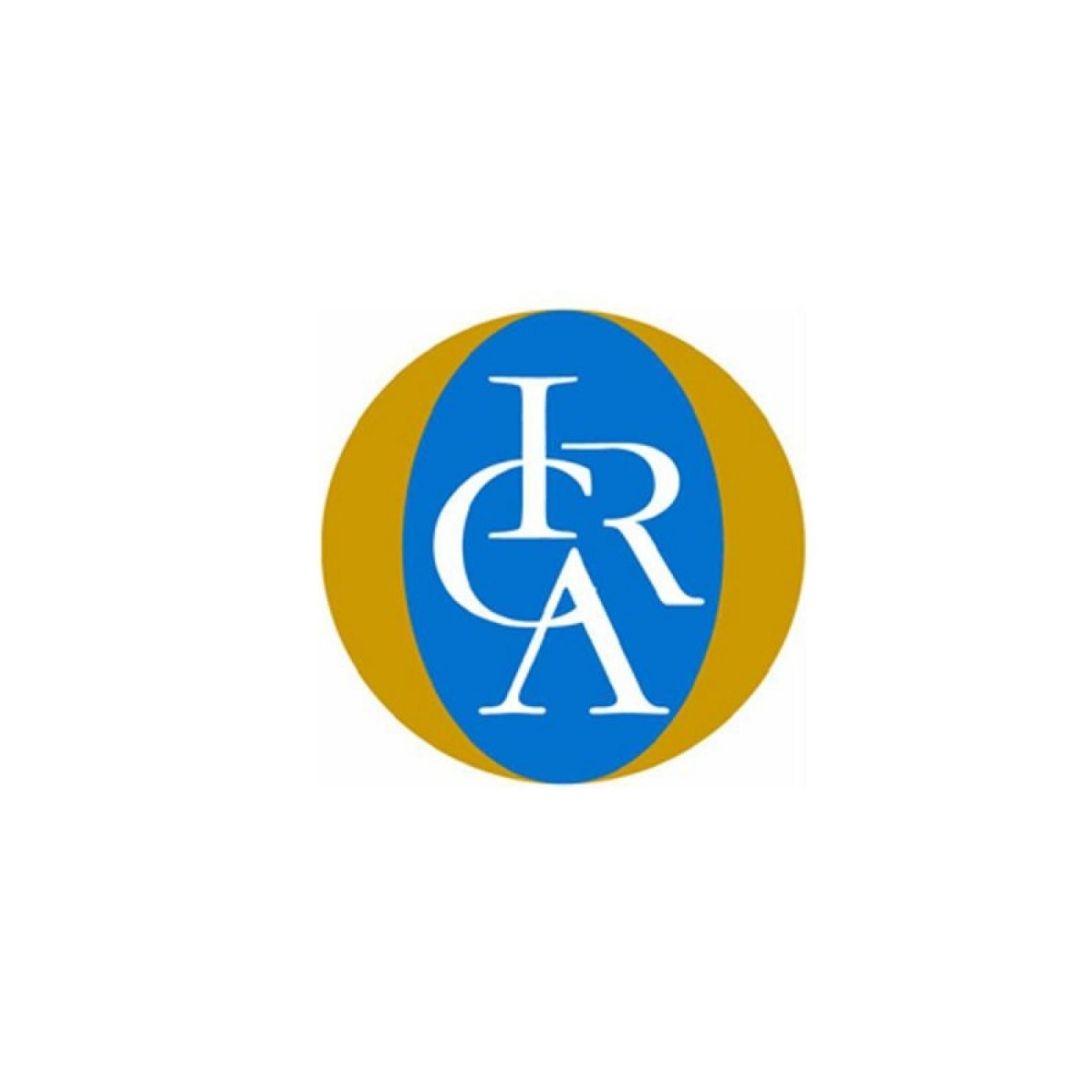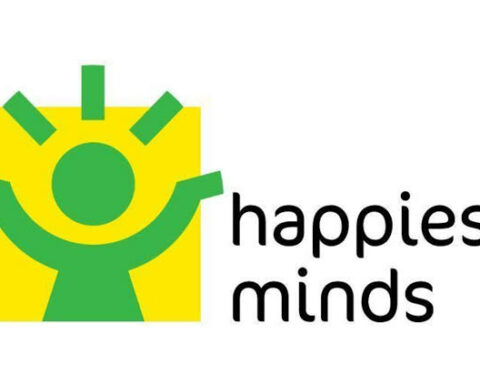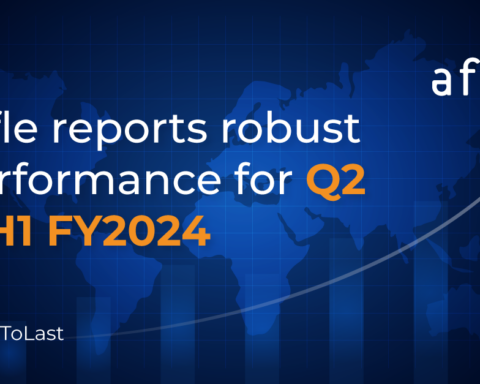The telecom industry had been facing headwinds since the launch of services by Reliance Jio Infocomm Limited (RJIL) which manifested into decline in revenue and profit generation. Further, the Adjusted Gross Revenue (AGR) penalty added to the woes of the industry and have kept the debt levels elevated. Owing to the aforementioned reasons, the financial position of Vodafone Idea Limited (VIL) has been deteriorating due to mounting losses and increasing debt levels. As per an ICRA note, this stress on VIL is likely to impact financial as well as other stakeholders and can impact the industry structure.
Explains Mr. Sabyasachi Majumdar, Group Head & Senior Vice President, ICRA, “Over the last 12 quarters starting Q2FY2019, VIL has been reporting sizeable losses. Further, with the addition of AGR liabilities, the debt has burgeoned to more than Rs. 2 lakh crore as on June 30, 2021 (including lease liabilities). This, along with consistent churn in the subscriber base, largely stagnant 4G user base, and pressure on ARPU levels have kept the revenue and profit generation muted. Further, the capex levels have remained low vis-à-vis competition resulting in limited network upgradation and expansion. This coupled with sizeable repayment obligations in the coming quarters is likely to keep its financial position stressed. This pressure is likely to impact its financial stakeholders as VIL owes Rs. 23,400 crores to lenders and Rs. 168,190 crores to GoI towards spectrum and AGR deferred dues as on June 30, 2021. In addition, it will also have a bearing on VIL’s 255 million subscribers, large employee base and vendors, especially tower companies. In a scenario of VIL’s collapse, tower companies will lose around 180,000 tenancies that VIL occupies and out of these, ICRA expects only 40-50% of the tenancies to be gradually regained by the tower companies and balance would be lost owing to redundancies and network realignment.”
For the ICRA sample of independent tower companies, VIL occupies 35% tenancy share and 36% revenue share. In a situation of VIL shutting down operations, tower companies will have to face a loss of these tenancies, translating into revenue and EBITDA decline for the industry. However, in that scenario, the existing 255 million subscribers of VIL will be taken up by the active telcos, who will have to expand their network presence to cater to a large additional subscriber base. ICRA expects that the existing telcos will gradually take up only 40-50% of VIL’s tenancies and the total tenancies for the industry by FY2024 are likely to remain lower than FY2021 levels. The demand for loadings and high-power small cells is expected to remain elevated for the tower industry. Apart from tenancy loss, tower companies will also bear the brunt of write-offs for VIL’s receivables, which have been witnessing a steady increase lately. With this, while the debt metrics are likely to witness moderation, relatively low debt levels and strong liquidity position of the tower companies are likely to alleviate these concerns to some extent.
Concludes Mr. Ankit Jain, Sector Head & Assistant Vice President, ICRA, “Given the current situation and sizeable obligations in the near term for VIL, material external support (primarily from Government) can act as a relief measure. The most effective relief can come in the form of extension of moratorium on spectrum dues beyond FY2022, which can result in deferment of dues payable in FY2023 to the tune of Rs. 32,000 crores for the industry of which Rs. 16,000 crores are for VIL. Moreover, reduction in the levies paid by telcos, namely license fee and spectrum usage charges can also lift the EBITDA. A 1% reduction in levies leads to annual saving of Rs. 1600 crores for the industry. This apart, other measures like reduction in interest rates on DoT dues, elongation of spectrum allotment tenure and introduction of floor tariffs can also aid the industry. ICRA estimates that Re. 1 increase in ARPU translates into Rs. 450-500 crores EBITDA accretion for the industry. A combination of these relief measures could aid the financial profile and the structure of the industry.”






